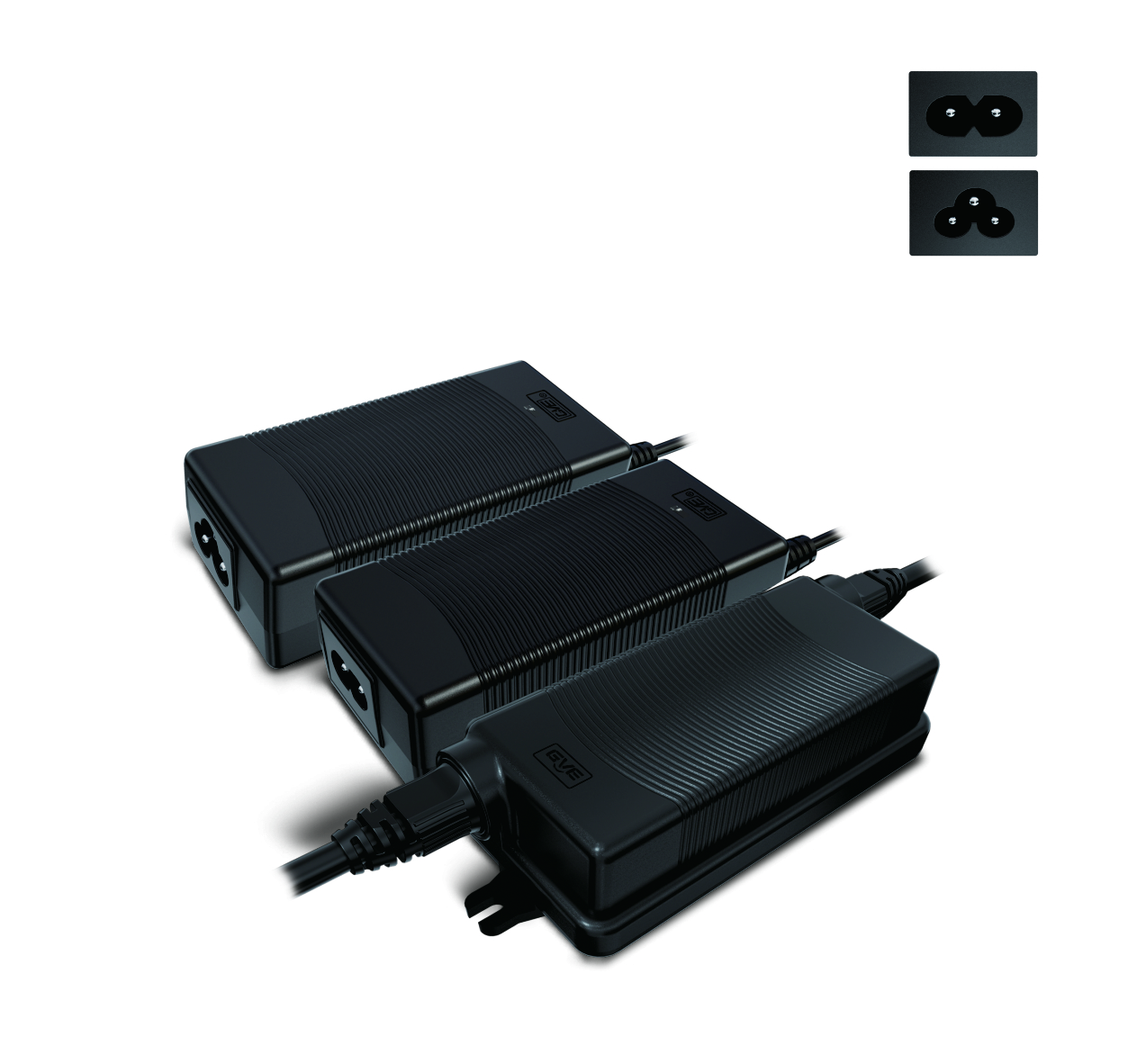The Service Life of the Power Adapter
Power adapters are indispensable components in our modern lives, powering up our devices and keeping us connected. However, despite their significance, many of us tend to overlook the lifespan of these essential accessories. Understanding the longevity of a power adapter can help users make informed decisions, prolong the life of their devices, and ensure safety.

Factors Influencing the Lifespan of a Power Adapter
Quality of Manufacturing:
The quality of materials and construction significantly impacts a power adapter's lifespan. Adapters made with superior components and rigorous manufacturing processes tend to endure longer.
Usage Patterns: How frequently and how intensively you use the adapter affects its longevity. Continuous or heavy usage may accelerate wear and tear, reducing its lifespan.
Environmental Conditions: Exposure to extreme temperatures, humidity, dust, and electrical fluctuations can impact the adapter's components, potentially shortening its lifespan.
Compatibility and Voltage: Using a power adapter that's not compatible with your device or delivers incorrect voltage can damage both the adapter and the device, shortening their lifespans.
Expected Lifespan of a Power Adapter
Average Lifespan:
Typically, a well-maintained power adapter can last anywhere from 2 to 5 years. However, this estimate can vary based on the aforementioned factors.
Brand and Quality: Higher-quality adapters from reputable brands tend to have longer lifespans compared to generic or cheaper alternatives. Investing in a reliable brand often pays off in terms of durability and longevity.
Warranty Period: Manufacturers often provide a warranty that reflects their confidence in the adapter's longevity. Warranty periods can range from a few months to several years, giving an idea of the expected lifespan.
Recognizing Signs of a Failing Power Adapter
Overheating:
If the adapter becomes unusually hot during normal operation, it might indicate an issue. Unplug it immediately and have it inspected to prevent potential hazards.
Intermittent Charging or Power Supply: If the adapter intermittently charges or powers your device, it could signal a failing adapter or a loose connection. Investigate the issue promptly.
Visible Damage: Any visible damage to the adapter, such as exposed wires, cracks, or burnt marks, indicates a problem. Cease using the adapter and replace it to avoid safety hazards.
Tips to Extend the Lifespan of a Power Adapter
Proper Handling:
Avoid bending or twisting the cables excessively, as this can damage internal wiring. Additionally, unplugging the adapter by gripping the plug instead of yanking the cord can prevent damage to the cord or port.
Storage and Environment: Store the adapter in a clean, dry area away from extreme temperatures and humidity. Keeping it in a well-ventilated space can prevent overheating.
Regular Maintenance: Inspect the adapter regularly for any signs of wear, such as frayed cables or loose connections. Clean the adapter's connectors and ports to prevent dust buildup, which can interfere with proper functioning.
Use Correctly: Ensure you're using the correct adapter for your device, matching voltage, and wattage requirements. Using incompatible adapters can lead to overheating and potential damage.
Replacing a Power Adapter
When it's time to replace a power adapter:
Verify Compatibility: Ensure the new adapter is compatible with your device in terms of voltage, wattage, and connector type.
Quality Over Price: Consider investing in a high-quality replacement from a reputable brand. It might cost more initially, but it's likely to have a longer lifespan and ensure safety.
Dispose Responsibly: Properly dispose of the old adapter following local electronic waste disposal guidelines to minimize environmental impact.
In conclusion, while the lifespan of a power adapter can vary based on several factors, taking proper care and investing in quality can significantly prolong its longevity. Recognizing signs of wear and promptly replacing failing adapters can prevent potential hazards and ensure uninterrupted device usage. By understanding these aspects, users can make informed decisions regarding their power adapters, promoting both safety and longevity.
